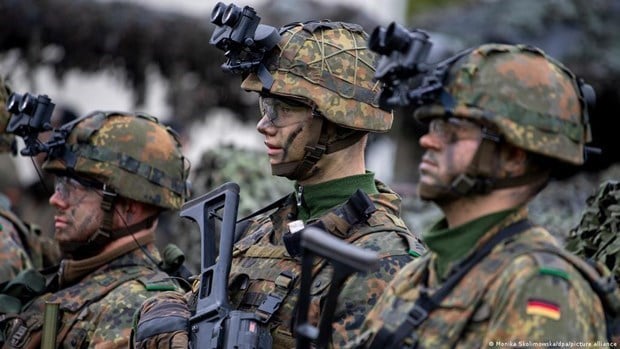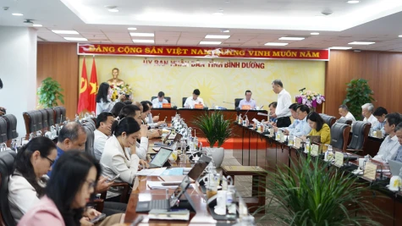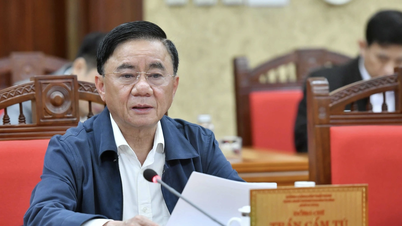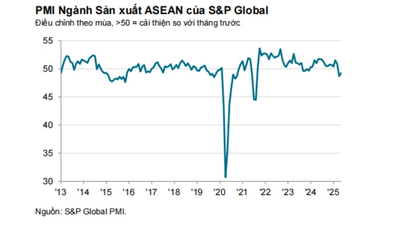German soldiers.
On June 14, the German Federal Government adopted for the first time its National Security Strategy, emphasizing the defense, resilience and adaptation capabilities of Europe's largest economy .
In addition to German Chancellor Olaf Scholz, the announcement ceremony was also attended by Foreign Minister Annalena Baerbock, Finance Minister Christian Lindner, Interior Minister Nancy Faeser and Defense Minister Boris Pistorius.
The 76-page German National Security Strategy, prepared by the Ministry of Foreign Affairs in collaboration with the Chancellor's Office and other government ministries, analyzes the security environment in a systematic, holistic approach based on a broad concept of security and specific measures.
The document provides guidelines aimed at strengthening Germany's security against threats, with inter-ministerial directions for responding to security policy challenges, including the interaction between central and local governments.
The basic idea of the strategy is to take into account for the first time all internal and external threats to Germany's security. In addition to the military threat, there are cyber attacks, possible attacks on critical infrastructure and climate change.
The strategy also states that the transatlantic alliance must be capable and determined to counter all military threats from nuclear, conventional weapons, as well as cyber defense and threats targeting space systems, in which "maintaining a credible nuclear deterrent is essential" to NATO and European security, as long as nuclear weapons exist.
In its national security policy, the German government sets a number of strategic goals, including Berlin's "multi-year average" goal of spending 2% of its Gross Domestic Product (GDP) on NATO defense; strengthening counterintelligence, anti-sabotage and cyber defense activities; promoting defense technology at the European level; harmonizing arms export control regulations across the European Union (EU)...
Finance Minister Christian Lindner stressed that defense spending could only be achieved at 2% of GDP from 2024 with special funds, otherwise major savings or tax increases would be needed.
Germany's defense spending currently stands at around 1.5% of GDP. Minister Lindner added that in the coming years, national security will be a top priority in budget discussions.
With its national security strategy, the German Government wants to promote continuous cooperation between all levels of government, business and society for the country's security, contributing to the strengthening of a "strategic culture" in Germany.
The strategy is based on three “central dimensions” of security policy, including “defence, resilience and sustainability”. Defence emphasises strengthening the federal military, civil defence and civil protection.
Resilience and adaptability to external threats and to achieve this goal requires reducing one-way dependence on raw material and energy supplies and diversifying supply chains; encouraging and motivating companies to build strategic reserves.
Sustainability is about combating the climate crisis, biodiversity crisis and ecosystem crisis, enhancing global food security as well as preventing global pandemics.
According to Chancellor Scholz, the National Security Strategy follows the principle of “integrated security”, which involves not only defence, but also diplomacy, development and supply chain resilience.
He stressed that the new security strategy requires the integration of all parts, which is considered important for Germany to become more resilient in the face of crises. Specific foreign policy towards major countries is not mentioned in the national security strategy, but Berlin is building a separate strategy towards China.
Germany's National Security Strategy also does not mention the establishment of a national security council as previously reported. This strategy was planned to be announced during the Munich Security Conference in February 2023, but until then it had not been completed due to disagreements in the process of formulating specific issues in the strategy./.
According to VNA
Source link
































































































Comment (0)